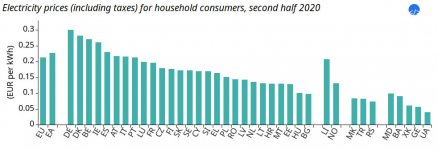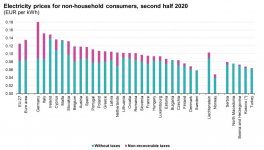Adi_Dem
Well-known member
After the strong and powerful words of our local MPs over recent months and years, I’m sure they’ll all vote in favour of anything that might protect our steel industry…

 www.theyworkforyou.com
www.theyworkforyou.com

Protecting Britain’s Steel Industry
– in the House of Commons at 7:40 pm 21st June 2021


